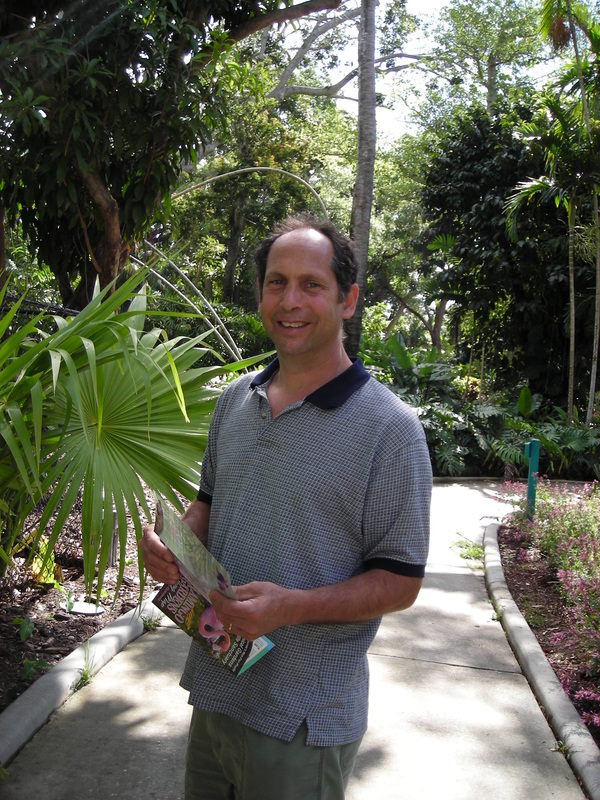I vow to put an end to them
There is a person who comes to sit at the Moonwater Dojo most weeks who has a very difficult time with this vow. She doesn't buy this vow, why would a person want to desire nothing? We must desire food and water or we die. We need to desire sex or the species dies. And then doesn't passion give life meaning? Today in our society it is often felt that we need to live our passions to be happy. This vow seems to go against the most obvious truths recognized by our society.
In the Theravada tradition the Buddhist path is often called "the path of perfection" and enlightenment is often thought to be the complete elimination of desire. This vow seems to put Zen in the "path of perfection" camp. Yes, I think this is correct in a certain way. Maybe the emphasis is a bit different then in Theravada which in SE Asia is primarily a monastic tradition though in the West Theravada has been transformed into a lay practice. In a monastic setting one can make a whole sale assault on desire. The Mahayana tradition has always been more open to lay practice. In some Mahayana Sutras the Bodhisattvas like Manjusri were lay followers of the Buddha. The monks were called Bhiksu or Bhikkhu. Some people think that the Bodhisattva path was originally a layman's path. Today in Japan Zen is mostly a monks path though there is nothing stopping the layman from being a serious practitioner and the Pure Land sects which are Mahayana have mostly lay practitioners. Thus there is a difference when a follower of the Bodhisattva path tries to end desire and when a Theravada monk tries to end desire. The Bodhisattva path starts with the desire to help others and lay people need a certain amount of desire to help direct their lives. Without any desire a person becomes non- functional and might as well be a monk. And yet in a certain way the Buddhist paths cannot be accomplished without ending desire at least temporarily.
This reminds me of a story. Many years ago I was hanging out with my buddy Neils talking about Buddhism and he says to me that it is impossible to be completely with out attachment. There will always remain the attachment to being unattached. I tell him that this is not true. Yes you cannot end attachment with being attached to being non-attached but that there is simply a state of mind that is without attachment. The same can be said of desire. There is a state of mind without desire and it is the same state of mind that is without attachment and this state of mind is significantly different from our normal state of mind filled with attachments and desires This state of mind cannot be gotten to by simply practicing non-attachment and eliminating desires and yet the practices of non-attachment and eliminating desires is very helpful in eventually experiencing this state of mind which we all know has many names, samadhi, kensho, satori, nirvana, enlightenment.
I have heard that the Tibetan Vajrayana path of Buddhism (Vajrayana Buddhism is within the Mahayana.) is able to embrace desire and attachments and utilize them in the Buddhist path. One thing is that desire and attachment can have the effect of concentrating the mind. Certainly the passion, energy and practice a great artist or athlete puts into their craft often propels them into a type of samadhi. My own experience is that during the period when I first experienced a deep Zen samadhi I was also becoming passionately involved with my future wife. yet when I went to sesshin (zen retreat) I was able to leave everything behind.
The conclusion is that I told this person I sit with that it is important to drop all desires in the practice of Zazen. In the rest of life it is ok to have some desires. Certainly the desire for enlightenment propels our practice. But if one is somehow to experience enlightenment he/she must completely drop desire as they must also drop all attachments, and all thoughts for a period of time. And if one can go as far as to experience this state of mind, when it is over they will find their whole way of thinking and motivations realigned. The Bodhisattva path becomes more then something we intend to practice but rather the natural direction of our thoughts and motivation.

 RSS Feed
RSS Feed